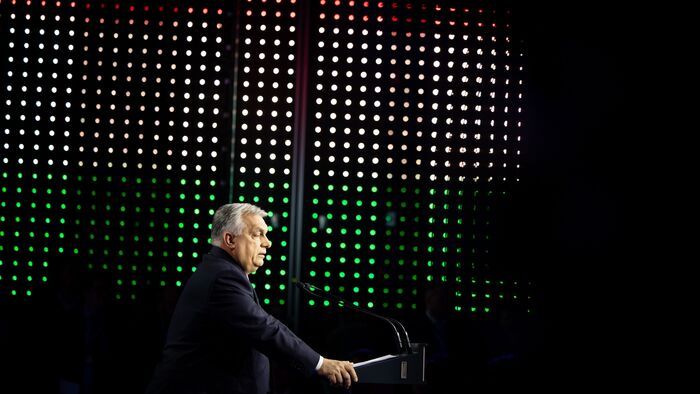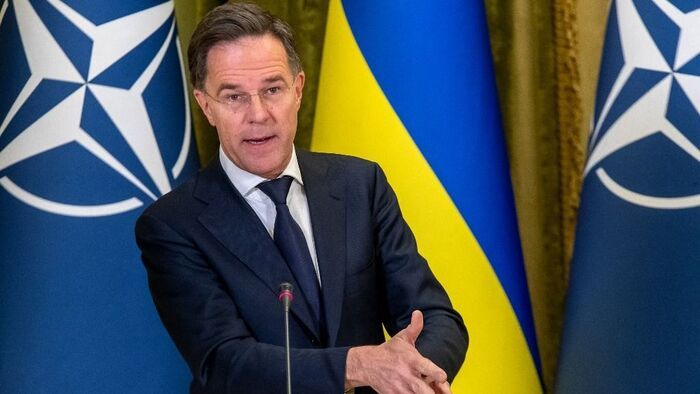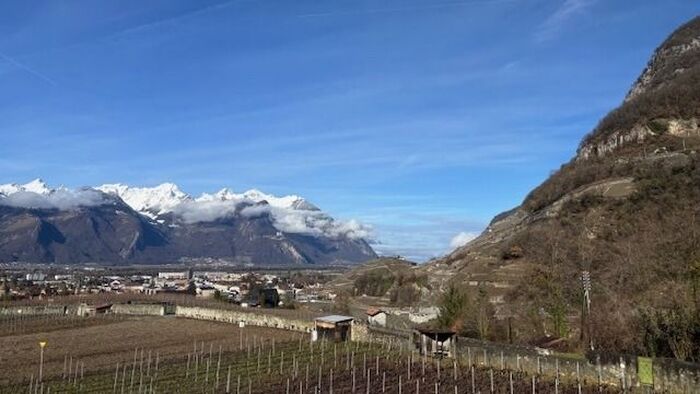At both global and local levels, our country has had to deal with a number of extraordinary situations in recent years. One of them is flooding, which has again become topical due to the high water levels on the Danube in recent days. "The situation is difficult but we are on top of it," Viktor Orban said after a meeting on Monday with the National Technical Management Staff (OMIT) leaders to discuss and review the flooding situation caused by heavy rainfall. The prime minister listened to a report from the protection department of the National Water Directorate (OVF) on the work done so far and the tasks ahead. It was noted that the flood protection improvements and new facilities implemented in recent years have passed the test, that the professionals are in place and are able to protect people's safety and property from floods.

However, this is not the first time that environmental disasters have challenged the government. Such was the case with the Danube flood in 2013 and the industrial red sludge disaster in 2010.
In addition to this, changes in the international environment have had an impact on our country that required immediate action on our part. The Russia-Ukraine war that broke out in February last year brought new challenges aplenty. In addition to ensuring physical security and economic stability the preservation of the gains we've made so far were also needed, after the misguided sanctions policy of Brussels created a war inflation and energy emergency across the continent.
"We Hungarians are black belts in crisis management, no matter how much chaos surrounds us, we have order in our heads, strength in our arms and loyalty in our hearts,"
PM Orban said in describing the essence of domestic crisis management in the summer of 2020, after Hungary successfully defended itself during the first wave of the coronavirus epidemic thanks to timely epidemiological restrictions and - as soon as vaccines against the disease became available - the government's multifaceted vaccine procurement making the products available to millions of Hungarians in a short time.
The migration crisis that erupted in 2015 was also a process independent of us, but which also put Hungary in danger. It is worth remembering that hundreds of thousands of illegal immigrants wanted to enter the European Union from one day to the next.
Due to the increased migratory pressure, the Hungarian government decided already in June 2015 to tackle the problem of illegal migrants from Serbia by establishing a technical border barrier and other legal instruments to serve the protection of the state's borders. Thanks to these measures, the Hungarian border has been closed to illegal immigrants. Hungary's position of saying "no" to illegal immigration has come under attack by the European Union, but several countries have subsequently adopted the solutions adopted by Hungary. However, PM Orban and his government faced a serious problem immediately after his two-thirds victory back in the 2010 elections: how to deal with the effects of the economic and credit crisis of 2008, the threat of national bankruptcy and the hundreds of thousands of families affected by foreign currency debt. In response, banks and large corporations have been forced to be more involved than ever in the common shouldering of this burden.























Szóljon hozzá!
Jelenleg csak a hozzászólások egy kis részét látja. Hozzászóláshoz és a további kommentek megtekintéséhez lépjen be, vagy regisztráljon!